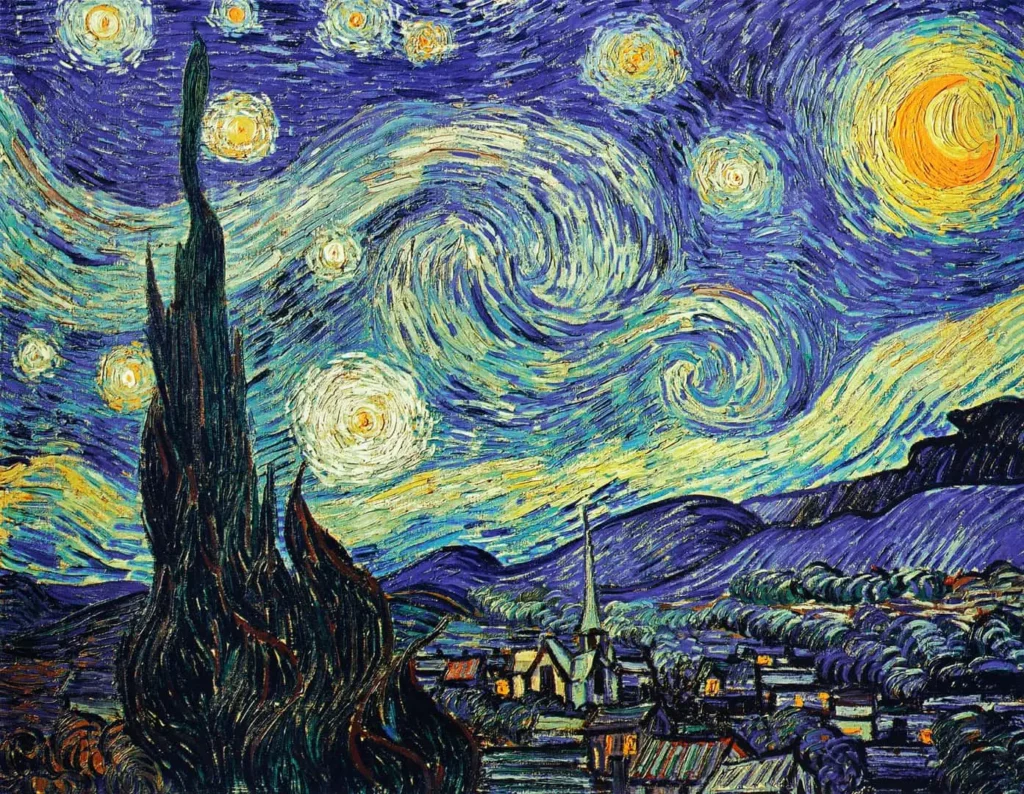The 21st century has witnessed the resurgence of populism across the globe, challenging established political systems and reshaping the way governments operate. This article examines the rise of populism, its core characteristics, and its impact on modern politics.
What is Populism?
Populism is a political approach that seeks to represent the interests of ordinary people against a perceived elite or establishment. Populist leaders often position themselves as outsiders, challenging traditional political parties and institutions that they claim have failed the common people. This rhetoric resonates with voters who feel disenfranchised or left behind by globalization, economic inequality, and rapid social change.
The Global Rise of Populism
Populism has gained momentum in various regions of the world, from Europe and the Americas to Asia. In the United States, Donald Trump’s 2016 presidential campaign capitalized on populist themes, emphasizing nationalism, immigration control, and economic protectionism. Similarly, in Europe, populist parties like Italy’s Five Star Movement and France’s National Rally have gained significant influence, often advocating for anti-immigration policies and skepticism of the European Union.
In countries like Brazil and the Philippines, populist leaders such as Jair Bolsonaro and Rodrigo Duterte have also risen to power, promoting tough stances on crime and corruption while criticizing the political establishment. These leaders have successfully tapped into public frustrations, positioning themselves as the voice of the people against corrupt elites.
Impact on Democracy and Governance
The rise of populism has had profound implications for democracy and governance. Populist leaders often challenge democratic norms, such as the independence of the judiciary, the free press, and the rule of law. By portraying themselves as the true representatives of the people, they can undermine checks and balances, leading to the erosion of democratic institutions.
Furthermore, populism tends to deepen political polarization. By framing political discourse in terms of “us versus them,” populist leaders create divisions within society, making consensus and compromise more difficult. This polarization can lead to gridlock in governance, as opposing sides become more entrenched in their positions.









The Economic Dimension
Economic discontent is a key driver of populism. In many cases, populist movements gain traction in regions suffering from economic stagnation, unemployment, or inequality. Populist leaders often promise to restore jobs, renegotiate trade deals, and protect domestic industries from foreign competition. While these promises can garner significant support, they may also lead to protectionist policies that could harm global trade and economic stability.
Conclusion
Populism is reshaping the political landscape across the globe, challenging established institutions and norms. While it gives a voice to those who feel marginalized, it also poses risks to democratic governance and social cohesion. As populism continues to evolve, it will be crucial for political systems to find ways to address the underlying causes of discontent while preserving the principles of democracy and open society.
4o






















